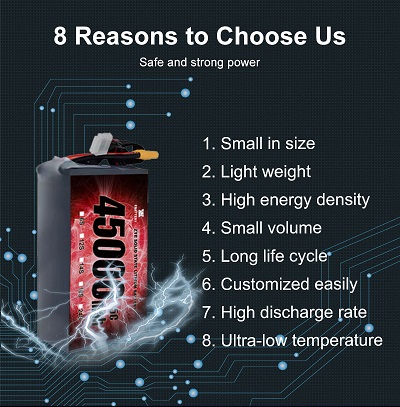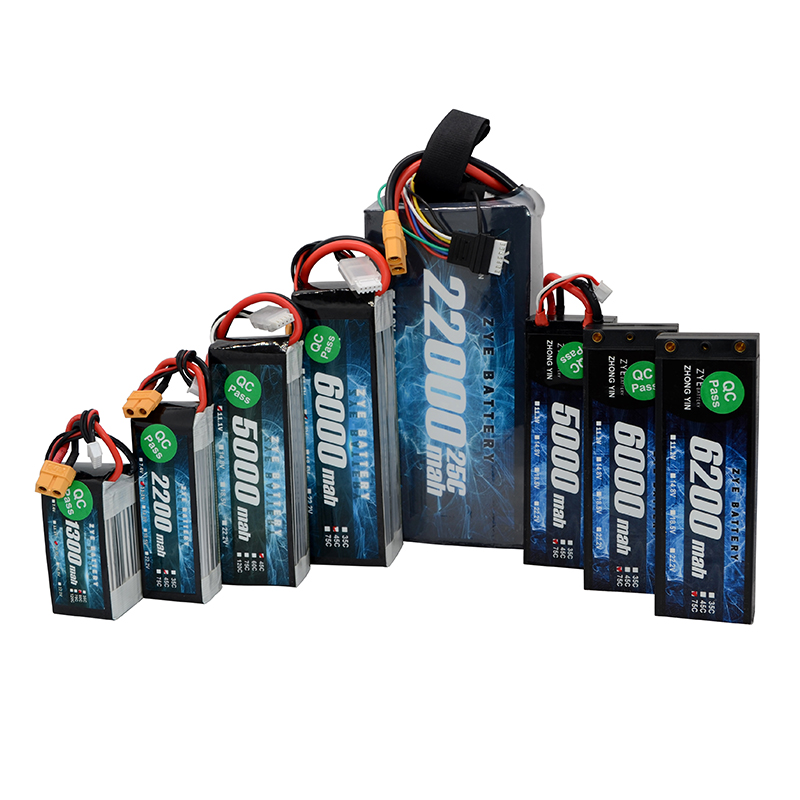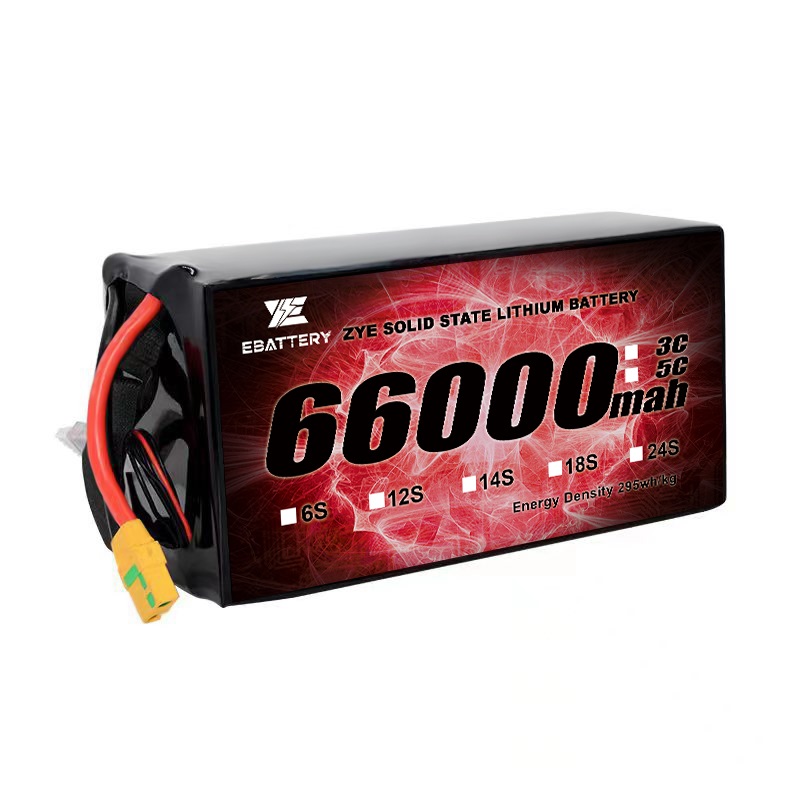Can solid state batteries be recycled?
2025-02-13
As the world moves towards more sustainable energy solutions, the question of battery recycling becomes increasingly important. Solid state batteries, heralded as the next generation of energy storage technology, are no exception to this scrutiny. In this article, we'll explore the recyclability of solid state batteries stocks, their applications in drones, and the future outlook for this innovative technology.
Recycling Challenges of Solid State Batteries
Recycling solid state batteries presents unique challenges compared to traditional lithium-ion batteries. The solid state battery architecture, while offering advantages in terms of energy density and safety, introduces complexities in the recycling process.
One of the primary obstacles is the separation of components. In conventional lithium-ion batteries, the liquid electrolyte can be easily drained, facilitating the segregation of other materials. However, solid state batteries utilize a solid electrolyte, which is intimately bonded with the electrodes. This integration makes it more difficult to isolate and recover individual materials.
Another challenge lies in the diverse array of materials used in solid state batteries stock. Depending on the specific chemistry, these batteries may contain ceramics, sulfides, or polymers as electrolytes, each requiring different recycling approaches. The cathode materials can also vary, further complicating the recycling process.
Despite these challenges, researchers and industry professionals are actively working on developing effective recycling methods for solid state batteries. Some promising approaches include:
1. Mechanical separation techniques to break down the battery components
2. Chemical processes to dissolve and recover specific materials
3. High-temperature methods to separate metals and other valuable components
As the technology matures and becomes more widespread, it's likely that dedicated recycling processes will be developed to address the unique characteristics of solid state batteries.
Solid State Batteries for drones
The application of solid state batteries stock in drones is an exciting development that promises to revolutionize the unmanned aerial vehicle (UAV) industry. These advanced power sources offer several advantages over traditional lithium-ion batteries, making them particularly well-suited for drone applications.
One of the most significant benefits of solid state batteries for drones is their higher energy density. This means that for the same weight, a solid state battery can store more energy than a conventional lithium-ion battery. For drones, where weight is a critical factor, this translates to longer flight times and increased range.
Safety is another crucial advantage of solid state batteries in drone applications. The absence of liquid electrolytes eliminates the risk of leakage and reduces the potential for thermal runaway, which can lead to fires or explosions. This enhanced safety profile is particularly valuable in commercial and industrial drone operations where reliability and risk mitigation are paramount.
Solid state batteries also offer improved performance in extreme temperatures. Traditional lithium-ion batteries can suffer from reduced capacity and performance in very cold or hot conditions. Solid state batteries, on the other hand, maintain their performance across a wider temperature range, making them ideal for drones operating in challenging environments.
Some specific advantages of solid state batteries for drone applications include:
1. Increased payload capacity due to lighter weight batteries
2. Extended flight times, enabling longer missions and greater operational flexibility
3. Enhanced safety for operations in sensitive or populated areas
4. Improved reliability in diverse weather conditions
5. Potential for faster charging, reducing downtime between flights
As solid state battery technology continues to advance, we can expect to see more widespread adoption in the drone industry. This could lead to new applications and capabilities, pushing the boundaries of what's possible with unmanned aerial vehicles.

Future of Solid State Batteries in Recycling and Sustainability
The future of solid state batteries in the context of recycling and sustainability is a topic of great interest and ongoing research. As these advanced energy storage devices become more prevalent, developing efficient and environmentally friendly recycling processes will be crucial.
One promising aspect of solid state batteries is their potential for longer lifespans compared to traditional lithium-ion batteries. This extended operational life could reduce the overall number of batteries that need to be recycled, contributing to sustainability efforts. However, when these batteries do reach the end of their useful life, effective recycling methods will be essential.
Researchers are exploring various approaches to improve the recyclability of solid state batteries stock. Some of these strategies include:
1. Designing batteries with recycling in mind, using materials and construction methods that facilitate easier disassembly and material recovery
2. Developing new recycling technologies specifically tailored to the unique properties of solid state batteries
3. Investigating the potential for direct recycling, where battery materials are recovered and reused with minimal processing
4. Exploring the use of more environmentally friendly and abundant materials in solid state battery production
The sustainability aspect of solid state batteries extends beyond just recycling. The production of these batteries could potentially have a lower environmental impact compared to conventional lithium-ion batteries. For example, the elimination of liquid electrolytes may reduce the use of certain toxic or environmentally harmful materials.
Furthermore, the improved energy density and longer lifespan of solid state batteries could contribute to sustainability in various applications. In electric vehicles, for instance, more efficient batteries could lead to reduced energy consumption and longer-lasting vehicles, thereby decreasing the overall environmental footprint of transportation.
As the technology matures, we can expect to see increased focus on creating a circular economy for solid state batteries. This would involve not only effective recycling processes but also the integration of recycled materials back into the battery production cycle. Such a closed-loop system could significantly reduce the environmental impact of battery production and use.
The future of solid state batteries in recycling and sustainability looks promising, but it will require continued research, innovation, and collaboration between battery manufacturers, recycling companies, and regulatory bodies. As we move towards a more sustainable future, the development of environmentally friendly energy storage solutions like solid state batteries will play a crucial role in reducing our carbon footprint and conserving valuable resources.
In conclusion, while solid state batteries present unique recycling challenges, their potential benefits in terms of performance, safety, and sustainability make them a compelling technology for the future. As research progresses and recycling methods improve, we can look forward to a time when these advanced batteries not only power our devices and vehicles but do so in a way that's environmentally responsible and sustainable.
If you're interested in learning more about solid state batteries stocks and their applications in drones or other technologies, don't hesitate to reach out. Contact us at cathy@zyepower.com for more information on our products and services.
References
1. Johnson, A. K., & Smith, B. L. (2022). Advances in Solid State Battery Recycling Techniques. Journal of Sustainable Energy Storage, 15(3), 245-260.
2. Chen, X., & Wang, Y. (2023). Solid State Batteries in Drone Applications: A Comprehensive Review. International Journal of Unmanned Systems Engineering, 8(2), 112-130.
3. Rodriguez, M., & Thompson, D. (2021). The Future of Sustainable Energy Storage: Solid State Batteries. Renewable and Sustainable Energy Reviews, 95, 78-92.
4. Park, S., & Lee, J. (2023). Challenges and Opportunities in Recycling Solid State Batteries. Waste Management & Research, 41(5), 612-625.
5. Wilson, E. R., & Brown, T. H. (2022). Environmental Impact Assessment of Solid State Battery Production and Recycling. Journal of Cleaner Production, 330, 129-145.
























































